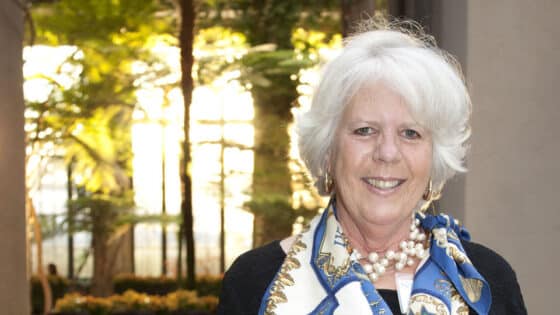After a year-long investigation, a group of environmental organizations in the greater Philadelphia region has launched a new interactive ArcGIS StoryMap documenting the ecological status and local perceptions of the Schuylkill River. The goal of the project is to connect residents and communities with the river and all it has to offer as a scenic and recreational destination.
The Philadelphia Inquirer’s Frank Kummer examined the results of the study in his article, “The Schuylkill Is Clean but Has a Public Relations Problem, Study Finds.”
To understand local perceptions of the river, investigators conducted a community survey of more than 300 residents from Berks, Chester, Montgomery, and Philadelphia counties. Despite a majority of respondents reporting that they care about the river, many also reported concerns about trash and litter and whether the river is clean and safe enough for activities like swimming and fishing.

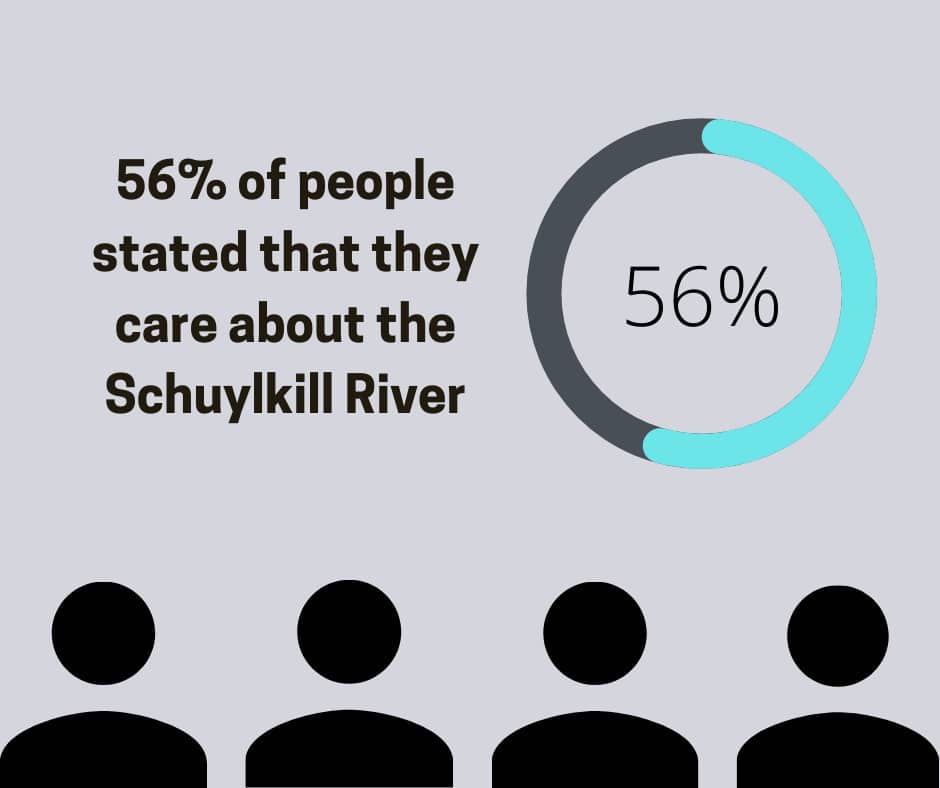
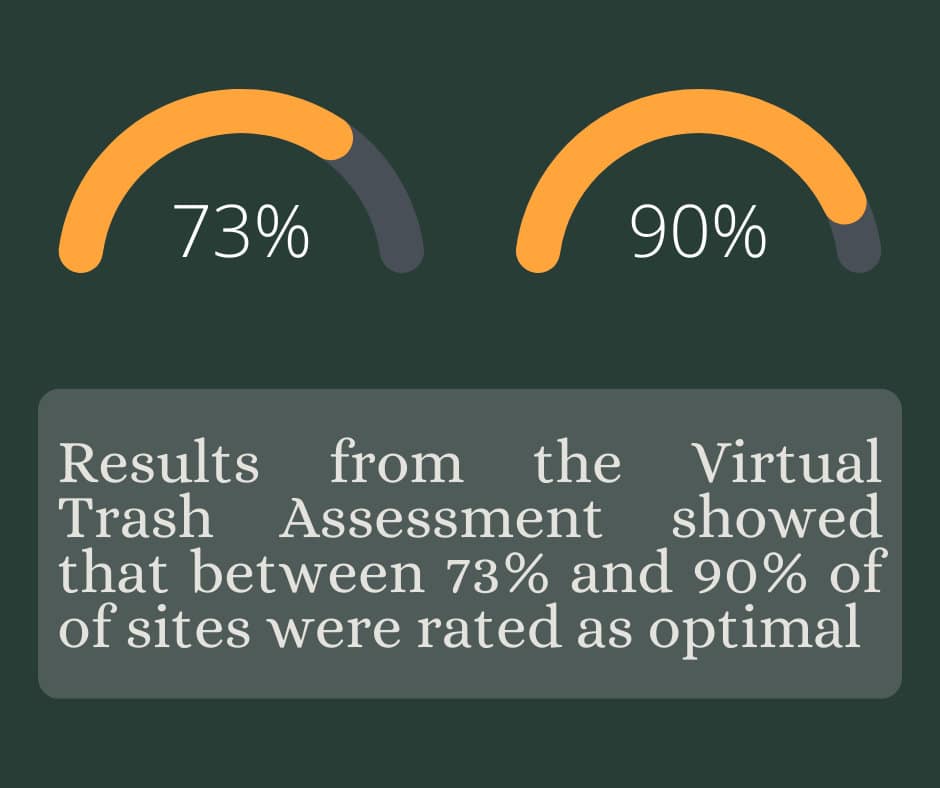
This insight was used to drive the priorities for water quality monitoring and inspired the launch of a new community science trash monitoring program.
To determine the ecological status of the river, Stroud Water Research Center and Princeton Hydro staff installed four EnviroDIY Monitoring Stations that autonomously collect water quality data every few minutes that is then published online on Monitor My Watershed.
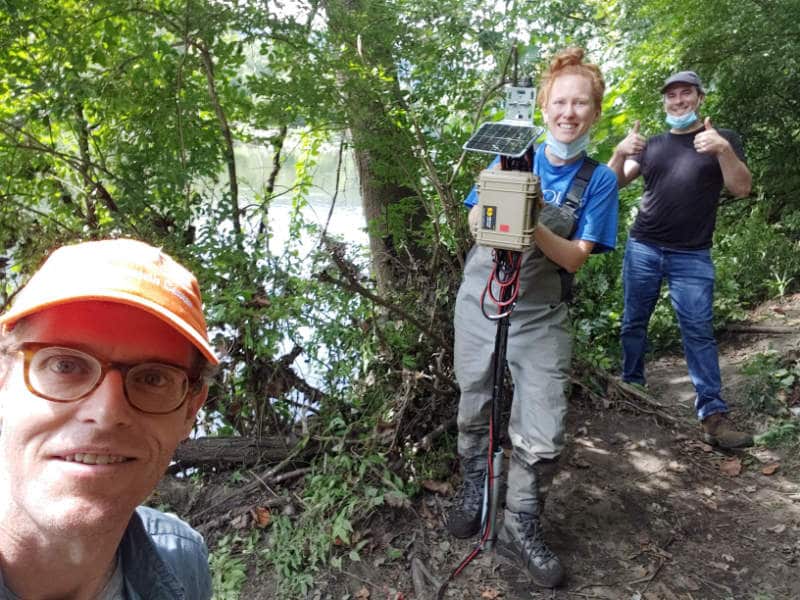
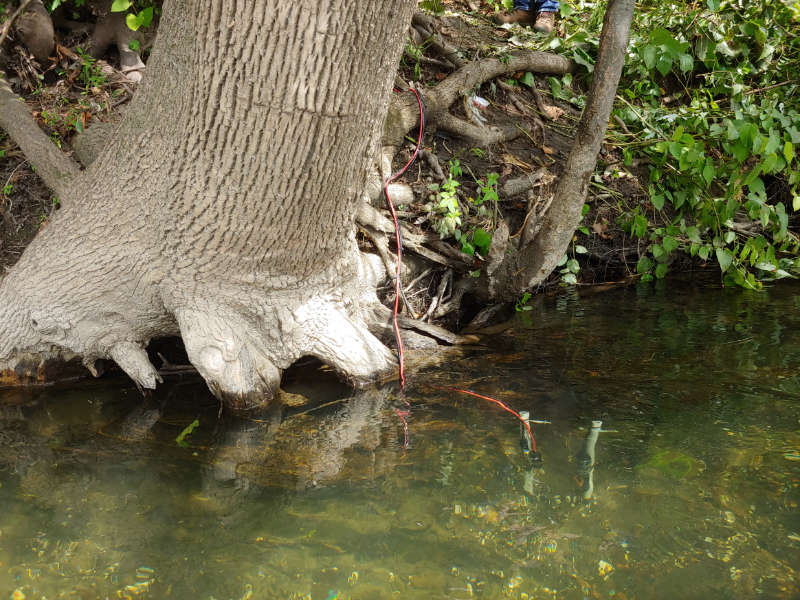
“Protecting safe recreational access to rivers and streams is one of the most important contributions we as environmental stewards can make to local communities. This project has made great strides in supporting this cause on the Schuylkill River,” said David Bressler, community science program facilitator at the Stroud Center.
To explore the results of the project, check out the Schuylkill River Partner Water Quality Project StoryMap.
The project was funded by the William Penn Foundation. The nonprofit Schuylkill River Greenways led the project in partnership with Berks Nature, Bartram’s Garden, The Schuylkill Center for Environmental Education, Stroud Water Research Center, and Princeton Hydro.


